Transferable Skills Courses
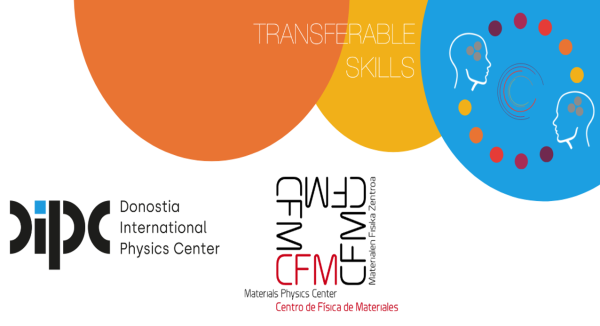
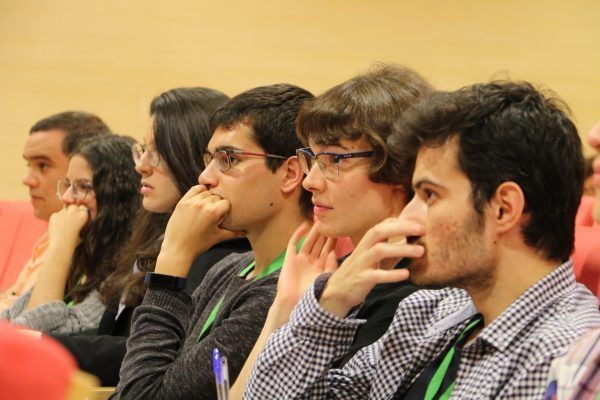 As researchers navigate increasingly diverse careers, the importance of collaboration, networking, and interdisciplinary is rising. In this context, transferable skills, often referred to as soft skills, such as communication and leadership, are not just beneficial but essential. They can enhance researchers’ effectiveness in various work environments, improve their ability to disseminate results, and, most importantly, be applied in different aspects of life.
As researchers navigate increasingly diverse careers, the importance of collaboration, networking, and interdisciplinary is rising. In this context, transferable skills, often referred to as soft skills, such as communication and leadership, are not just beneficial but essential. They can enhance researchers’ effectiveness in various work environments, improve their ability to disseminate results, and, most importantly, be applied in different aspects of life.
CFM is dedicated to equipping our researchers with the skills they need to succeed, with a particular focus on our youngest members. That is why, throughout the year, we offer various practical, transferable skills training activities for researchers at all levels.
CONTACT: Paula Malo de Molina, and Claire Tonnelé
AGENDA 2025
Curiosity and Creativity in Art and Science
In this talk, Melissa Pierce Murray explores curiosity and creativity in science and art, sharing examples from her own interdisciplinary practice. She will discuss artistic and scientific methodologies, sensing and perception, and the role of metaphor in meaning creation and communication. The talk is followed by a hands-on workshop exploring perception through drawing (about 45 minutes).
 About the speaker
About the speaker
Melissa Pierce Murray’s practice considers how engagement, interactions, objects and materials can facilitate and deepen awareness of our place in the world. Often interactive or participatory, her sculptural works use an aesthetic driven approach to interweave materials, emotion and narrative, creating a tactile allure and unnerving edginess. With a background in science, literature, art and teaching, she draws on broad knowledge and inspiration to create innovative encounters between sculptural objects and diverse audiences.
When
13/10/2025
14:00-16:00
Register here
Please note that there is a limited number of places available for this workshop. Applicants will be contacted after the registration deadline to confirm their participation
Where
DIPC Meeting Room (Building 1)
Cross-cultural working: understanding difference and maximizing diversity in science
At CFM we have an increasingly diverse community. While it can be very enriching and stimulating, it can also lead to some challenges, as the chances for misunderstanding, conflict, and damaged relationships may rise. This workshop will contribute to developing the skills, knowledge, and personal attitudes needed to succeed in a cross-cultural working environment.
Course aim and learning objectives
The workshop is designed to help participants understand their own communication style, how it impacts others, and how culture can influence communicative effectiveness. Using these insights, participants will practice techniques for managing cross-cultural communication challenges in the workplace.
Participants will:
- Increase self-awareness of their communicative style
- Identify appropriate practices for managing cross-cultural communication challenges at the workplace
- Recognize key factors that contribute to cross-cultural competence
- Develop self-awareness of cultural preferences
- Analyse the impact of cultural differences on work relationships and
performance
 Instructor
Instructor
The course will be given by Alicia Marín Muniesa, an expert in training, group facilitation, and coaching, with extensive experience in Human Resources and Marketing in multinational companies. Since 2012, she has supported researchers in several top research institutes to develop their leadership and improve their communication and self-management skills.
When
Session 1: October 29, 14:00–18:00
Session 2: October 30, 09:00–13:00
Target group
Predoc, Postdoc Researchers, PIs and Group Leaders
Register here
Deadline: October 10
Please note that there is a limited number of places available for this workshop. Applicants will be contacted after the registration deadline to confirm their participation
Where
CFM auditorium
Scientific Writing Training
This workshop is designed for predoc researchers and early-career postdocs who wish to strengthen one of the most critical skills for success in science: scientific writing. Writing is not only the primary vehicle to communicate scientific results—it is also one of the key factors that will determine your impact and progression in a scientific career. Unfortunately, it is a skill that is rarely taught at university and is not always easy to master. Unlike other forms of writing, scientific writing has its own structure, logic, and style. This workshop will guide participants through the key elements of scientific writing, from planning and drafting to publication, while also offering practical tools to communicate complex ideas clearly and effectively.
This year, we are pleased to announce a special session with Professor Javier Aizpurua, who has been among the most highly cited researchers for several consecutive years and has served as an editor of Nanophotonics. He will share his insights on the editorial process, peer review, and what editors look for in a manuscript.
We will also include a peer review exercise, where participants will engage in reviewing each other’s work to gain hands-on experience with the peer review process.
Workshop Program
Day 1: Foundations of Scientific Writing
- Developing a scientific writing mindset: time management
- Overcoming writing barriers
- Structure of scientific documents: differences between papers, theses, and grant proposals
Day 2: Building Effective Scientific Narratives
- Crafting a clear and compelling research story
- Selecting and organizing content effectively
- Handling raw data, figures, and tables
- Enhancing coherence and cohesion in writing
- Special guest session: Editorial insights with Prof. Javier Aizpurua
Day 3: Publishing and Communicating Science
- Strategies for clear and concise scientific communication: avoiding common pitfalls
- Understanding the publication and peer-review process
- Practical writing exercises and group discussions
- Peer review dynamic
Who
Sofía Facal (Skills for Science)
Where
CFM auditorium
When
September 16th, 17th, and 18th from 10:00 to 13:00h
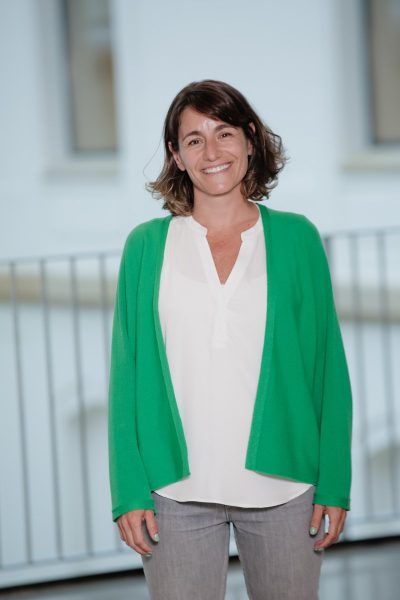
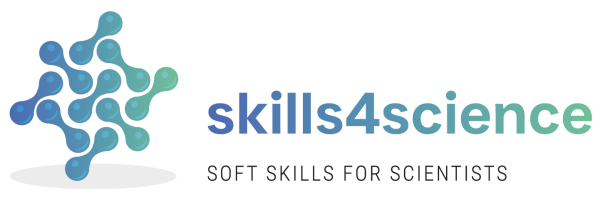
An example of Open Access: BERC BCAM
We will introduce what open access in publishing is like in a BERC centre: BCAM, how we have adapted our centre to European and national mandates and what the process of change has been like. We will focus on the importance of the preprint, talk about quantitative indicators and the DORA and COARA declarations.
Zoom: https://dipc-org.zoom.us/j/91934875828
Youtube: https://youtube.com/live/jAe53zw5ReE
Who
Miguel Angel Benítez Lozano
Basque Center for Applied Mathematics (BCAM)
Where
DIPC Josebe Olarra Auditorium
When
June 4th
11:30




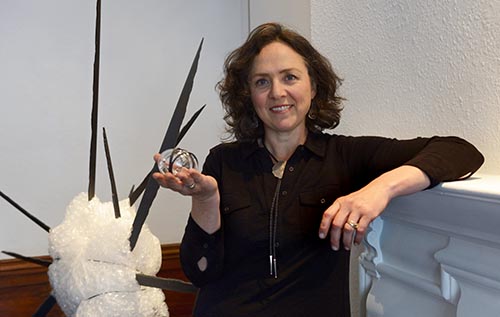 About the speaker
About the speaker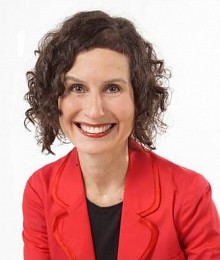 Instructor
Instructor